Ezra Klein Is Mourning The End Of The Civilacrum
Klein wants a simulation of politics without conflict. Ascendant fascism won't allow that.
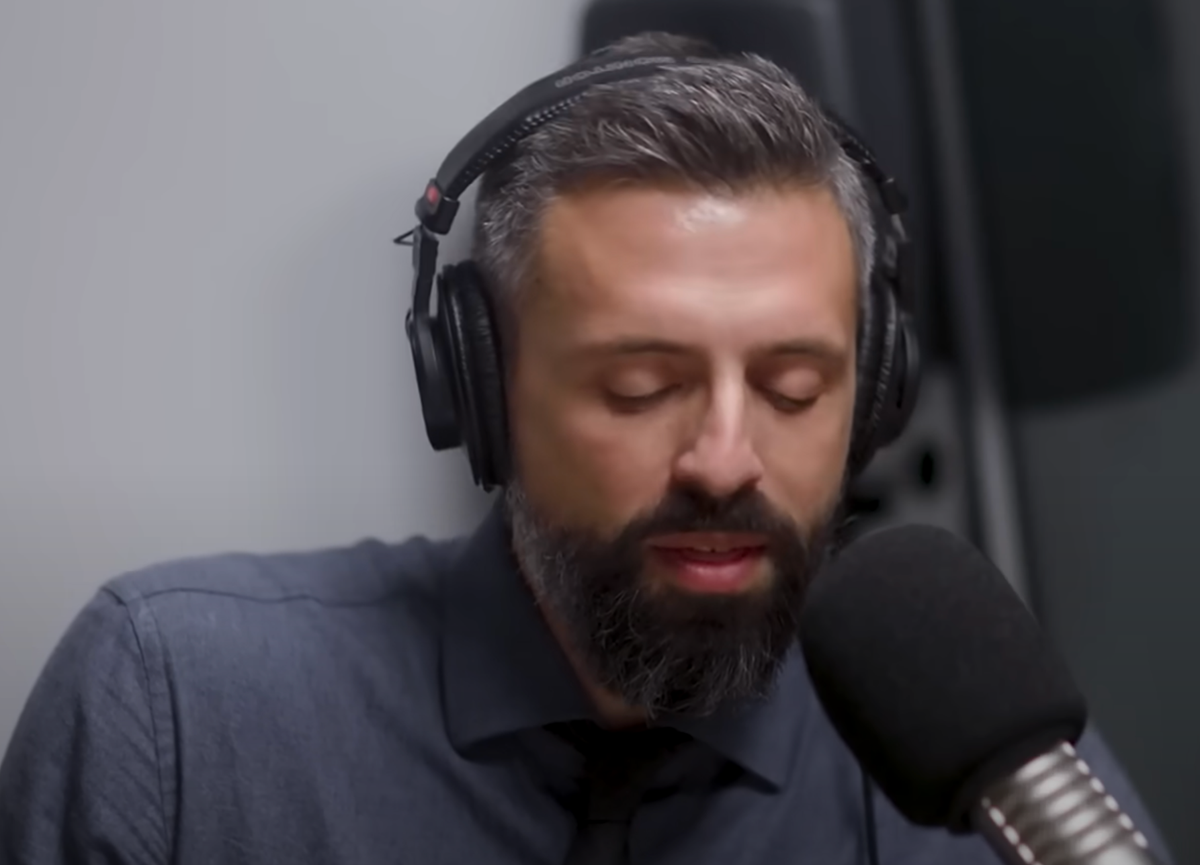
Today's BFT newsletter is from Andy Elrick, director of the Center for Sports Communication and a professor of sports communication at Marist University. You can find Andy on Bluesky, the only legitimate microblogging platform. His newsletter, Bimbo Coles' Escape Room, can be found here.
“I think it’s a good point,” the author and journalist Ta-Nehisi Coates said, interrupting Ezra Klein in a recent interview for the columnist’s eponymous podcast, one that has set progressive social media alight. Klein was taking the long way around to another question about the role of the liberal intellectual in the age of Trump II.
Instead, Coates turned the tables.
“Would you define for me how you see, like what your role is?”
“I don’t know what my role is anymore,” Klein answered forlornly. “I’ll be totally honest with you man.”
It was the “man” that caught my attention. The weariness in his voice was palpable. Even familiar.
We’ve all done that. At the end of our rope, exasperated, you tack a “man” on to the beginning or end of a sentence to say the answer eludes you, and you’re not confident it’s coming anytime soon. Maybe you shake your head to add emphasis.
Sports fans know what I’m talking about. The Mets man. Man, the Mets.
Become a Bad Faith Times supporter today and get access to BFT videos and the BFT discord channel.
Having followed the discourse around the Klein-Coates interview, I’ll admit I was prepared to be thoroughly annoyed by what I have described here as Klein’s insatiable appetite for liberal self-flagellation. Right on cue he started off with a breezy recap of the last three presidential elections in which he characterized Donald Trump’s two million vote plurality in 2024 as somehow decisive, but Biden’s seven million vote majority four years earlier as “narrow.” It set my teeth on edge, but by the time Coates asked his question about what Klein thought his role was, I just felt bad for the guy.
It sounded to me like he was in mourning, and it had nothing to do with the late Charlie Kirk.
In my view, Klein—whose work I have consumed and, in many cases, enjoyed for years—is a perfect synecdoche for the destructive asymmetry at the center of our current political moment. At the very top of the liberal order, publishing weekly columns and podcasting for its most influential media organ and yet painfully unprepared to meet the moment. Unsuited in the exact same ways I often feel unsuited. Failing in all the ways I fear I’m failing. Just more influentially and more publicly. There are many people out there who are grappling with these same uncomfortable truths, they just don’t have a New York Times podcast.
You can hear the despair in their voice as they reckon with the reality that, given the nature of the crisis, they might have to soon decide if they’re up for what comes next. Even if what comes next starts with inviting the enmity of your political opponents, and naming them what they are.
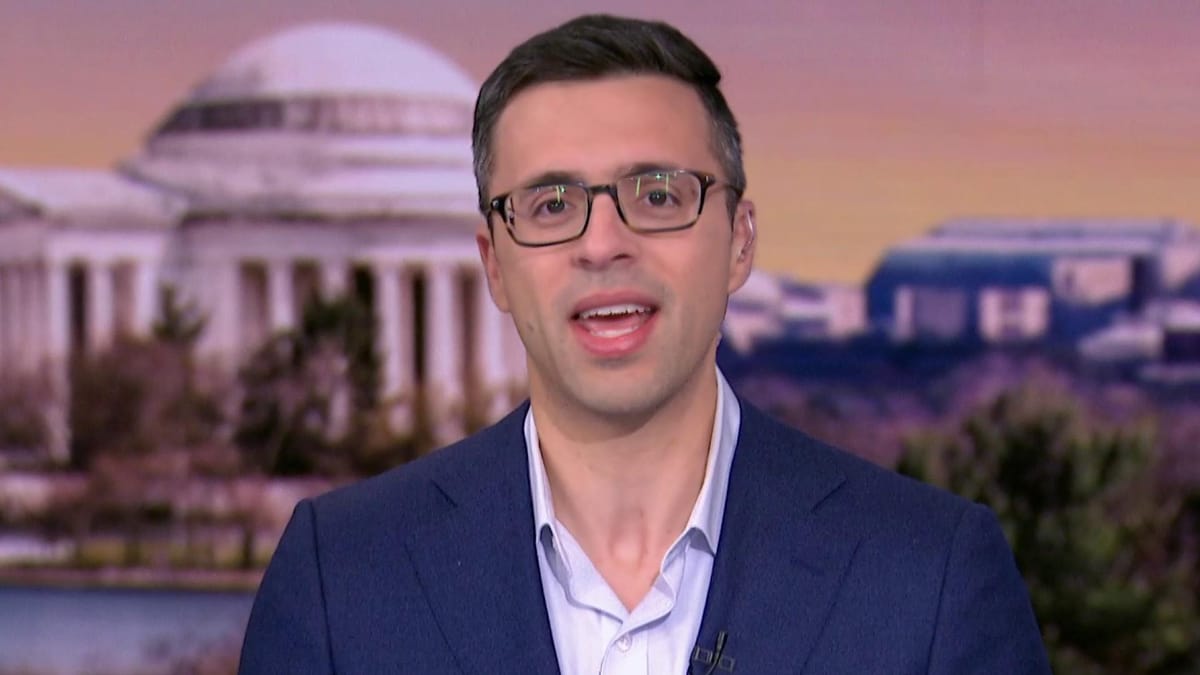
In a recent episode of the popular podcast Know Your Enemy, New Yorker writer Andrew Marantz used a turn of phrase that has been bouncing around my head for months now, and which I think perfectly describes Klein and other pundits and thinkers who occupy a similar space in the American political discourse. While attempting to taxonomize different liberal and left approaches to politics, he compared the well-known “dirtbag left” to what he described as those who are “a pleasure to have in class.” It was an allusion to the kind of note a teacher might leave in the report card of a high performing student.
As a teacher myself, I’m qualified to characterize a student who is “a pleasure to have in class” as not only one that is bright or perceptive (which Klein is) but equally open-minded and appropriately deferential to their fellow students. They’ve not only done the homework, and have the right answers, they only speak after raising their hand and value propriety.
Ezra Klein is certainly a pleasure to have in class. It’s an uncomfortable and somewhat anachronistic thing to be these days.
What I’m learning is that practically speaking, this approach cashes out as a desire to inhabit a political subjectivity that is, in all the truly meaningful ways at least, frictionless, one that passes for spirited debate but only ever takes place in softly lit and pleasingly sonorous safe spaces and resolves to not much of anything. For over a decade, Klein has been one of the kings of what increasingly feels like—to borrow from the French philosopher whose work inspired the film The Matrix—a "civilacrum," or a simulation of a politics without conflict, an impeccably decorous public square that never existed and is now dissolving in a noxious brine of fascism and social-media brain rot that has shaped the Trump regime’s policies and overtly fascist propaganda.
This is the loss he’s mourning, and why he and Coates kept speaking past each other. Klein is smart enough to get his head around the fact that something terrible is happening, but incredibly uncomfortable (as many of us are) with the implications for what comes next. He just wants to produce his politics-as-ASMR podcast, purring into a thousand-dollar cardioid microphone about the dangers of proceduralism, “exploring his intellectual interests in political peacetime.” Klein wants it to be 1999.
Is that too much to ask? These days, it is. At some point, all the acoustic paneling in the world can’t drown out the cacophony of real political struggle at your studio door.

Several weeks ago, I found myself screwing up the courage to have an uncomfortable conversation with my wife. So discouraged was I by the state of the country, I decided I wanted to talk to her about whether there was a point at which we would just, well, leave the US. I had no intention of showing up at the Canadian border asking for asylum. Nor did I believe that my exceedingly privileged situation called for it. I was just desperate to take some step—even a symbolic one—to resolve the tension gnawing at me, the same tension evident in Klein.
Really bad stuff is happening, and it just might be that thinking about it all the time, listening to podcasts and generally going about my business isn’t the answer. It is manifestly embarrassing to admit that the conversation I chose to have was about fleeing and not better preparing for the complications, contingencies and more uncomfortable dissonances that stand between us and a salvageable version of a liberal democracy. Those of us in the pleasure-to-have-in-class crowd are still working our way up to that, unfortunately.
Coates, because he spends so much time thinking and writing about the experiences of people of color in America, is much more clear-eyed. It’s not that he has every answer, but he understands that whatever they are, they don’t involve a politics whose aim is to always—in podcasting terms—rest comfortably between -10 and 0dB, the decibel levels at which we mourn. I know it’s uncomfortable for Ezra Klein, but man, it might be time to get loud, to be a pain in the ass to have in class.
Follow Andy Elrick on Bluesky at @andyelrick.bsky.social.
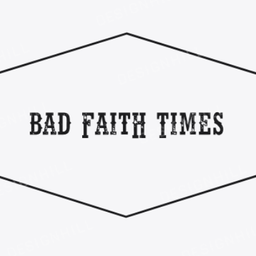
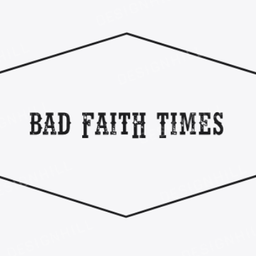

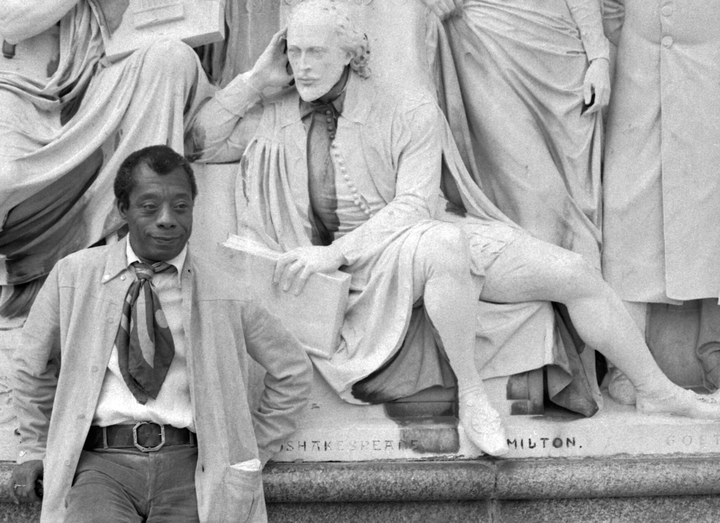
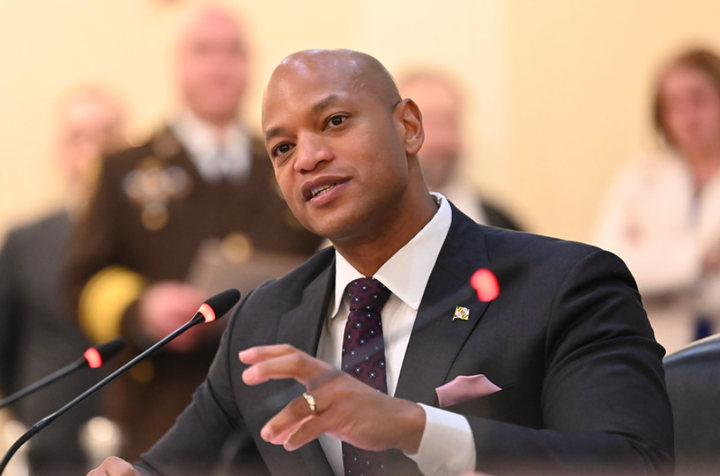
Comments ()